By
Dr. Usha Brandon
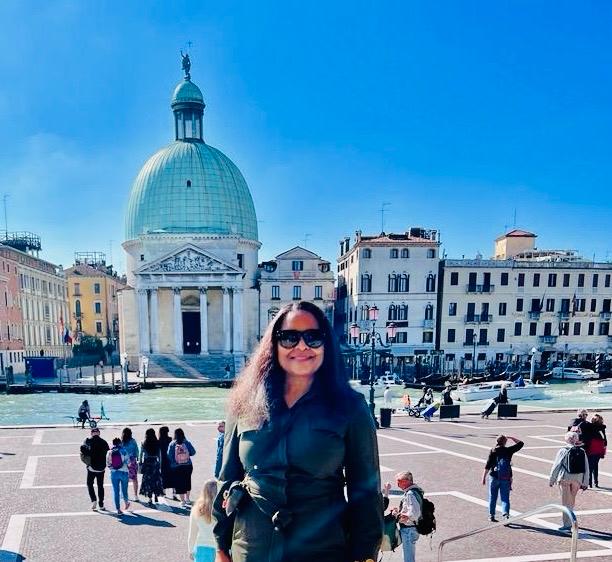 © 2026 U. Brandon.
© 2026 U. Brandon.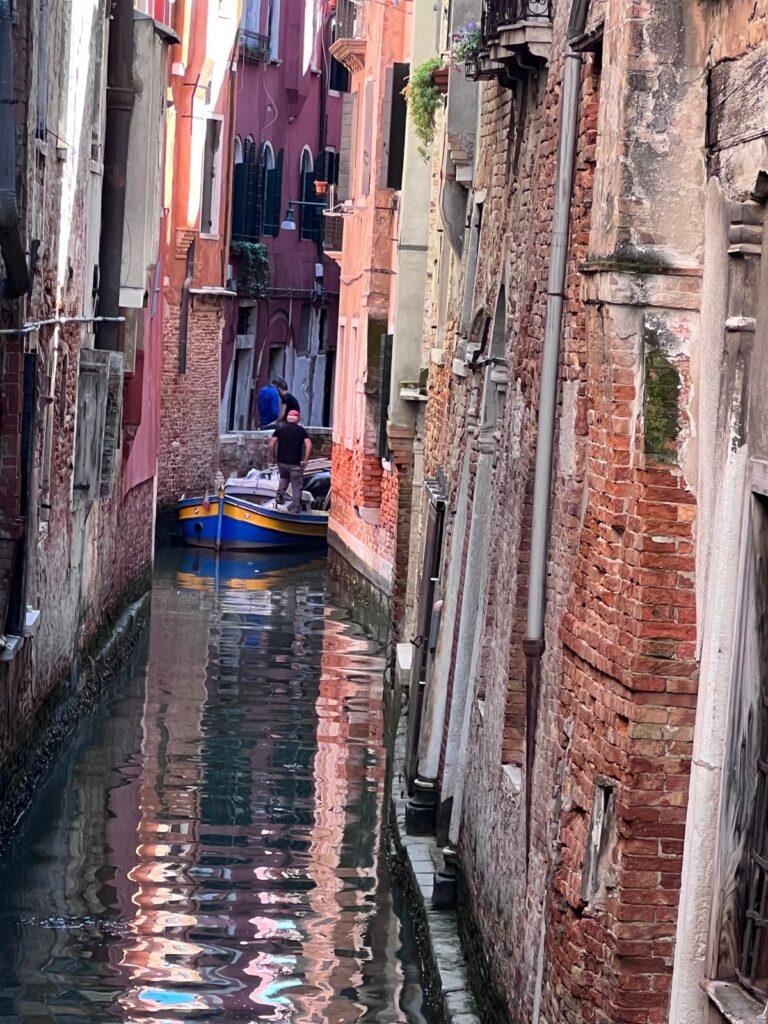 © 2026 U. Brandon.
© 2026 U. Brandon.
With its labyrinth of canals, narrow alleys, and lack of traditional roadways, Venice requires a level of resourcefulness and coordination that is rarely encountered in everyday environments and served as the perfect setting for observing how teams operate outside their comfort zones. From navigating unfamiliar streets to coordinating group activities, the trip highlighted the importance of, adaptability, clear communication, leveraging diverse skills, emotional intelligence, shared goals, celebrating wins, self-reflection, and effective leadership in achieving success. Here are some key team dynamics and leadership lessons I learned while navigating this amazing city:
Team Dynamics in a New Environment
When placed in a new environment, such as Venice, team dynamics can be put to the test. The city itself is unlike any other, there are no cars, only boats, gondolas, and walking paths. GPS can be unreliable in its intricate and narrow alleys, and even something as simple as finding a restaurant can turn into an adventure, as our team experienced firsthand. These challenges forced our group to rely on each other in ways we hadn’t experienced before.
Adaptability in Unfamiliar Terrain
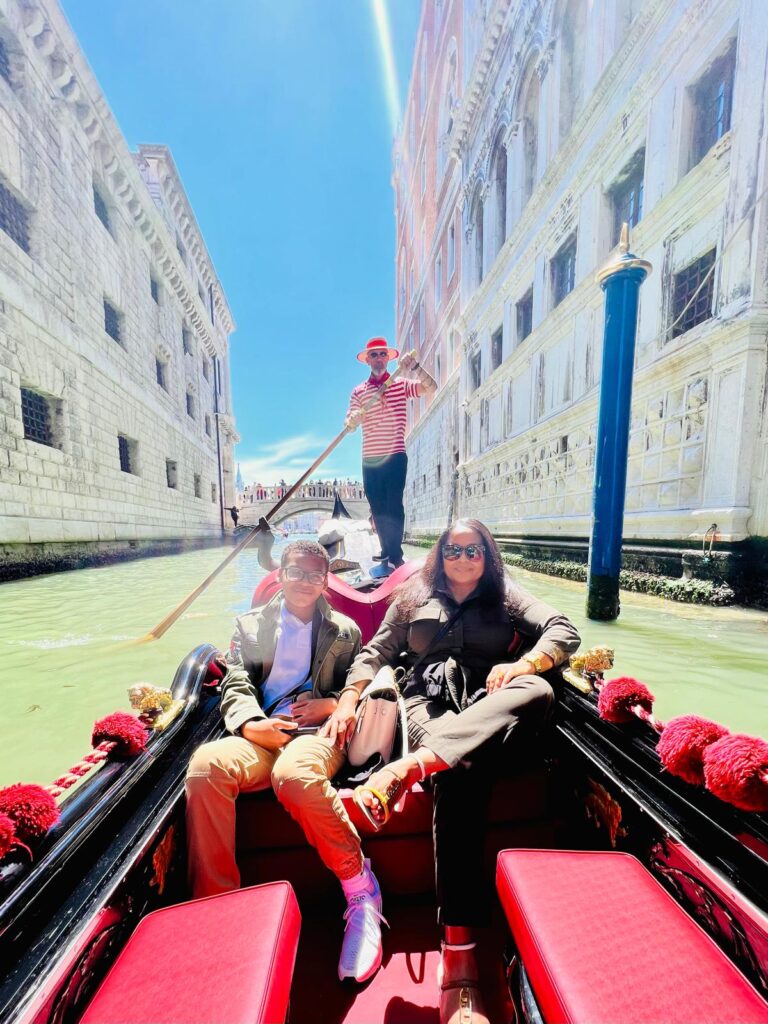 © 2026 U. Brandon.
© 2026 U. Brandon.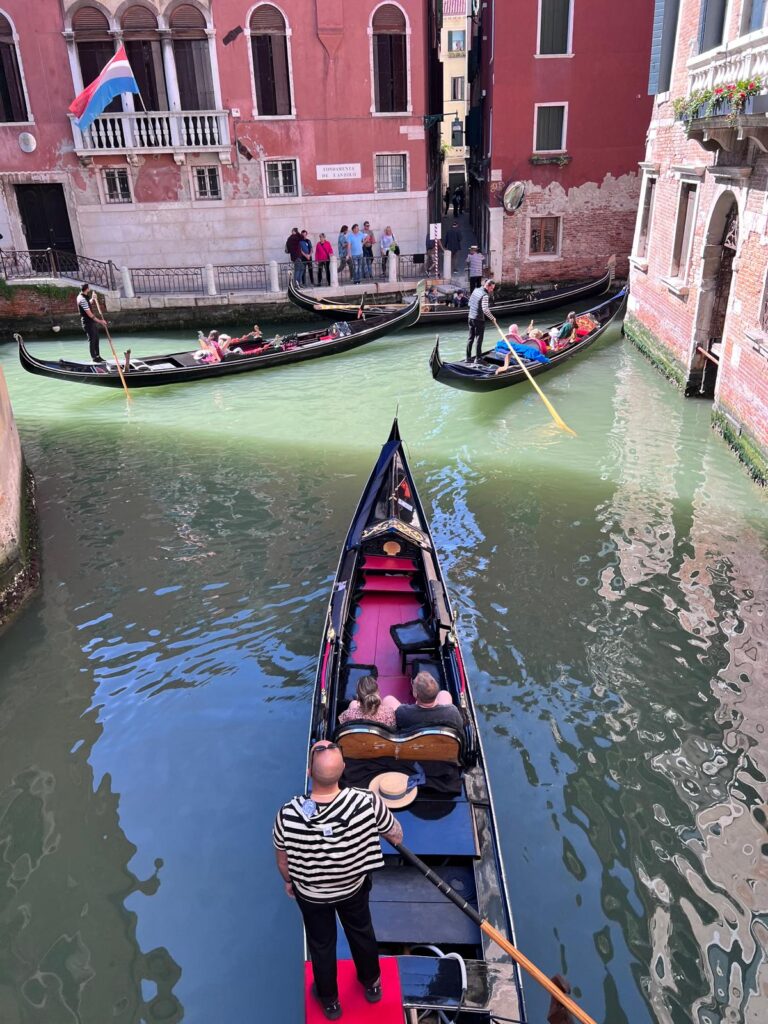 © 2026 U. Brandon.
© 2026 U. Brandon.
This required our team to quickly adapt to the environment. While our leader was our primary guide and had been to Venice numerous times, some team members naturally took on leadership roles, suggesting routes or memorizing the way we came, while others contributed to keeping track of time. The key takeaway here is that adaptability is one of the keys to effective teamwork. Leaders must remain calm and resourceful in unfamiliar situations, while team members should be willing to step up and contribute in ways that represent their strengths.
In professional settings, adaptability is just as essential. Whether it’s navigating a new project or adjusting to organizational changes, teams that can contribute their individual strengths, pivot quickly and efficiently, are more likely to succeed.
The Importance of Clear Communication
In Venice, clear communication became paramount. With a group of people moving through crowded streets or coordinating meeting points after splitting up, miscommunication could easily lead to delays or even losing track of each other.
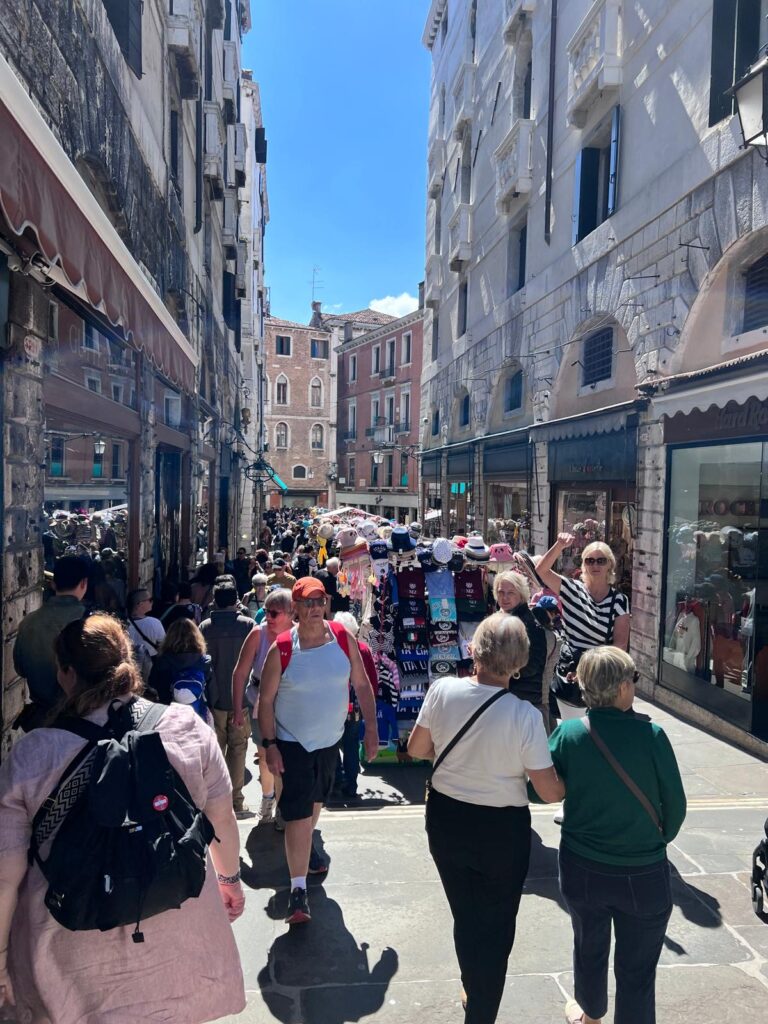 © 2026 U. Brandon.
© 2026 U. Brandon.We learned to be concise and precise in our instructions: “Meet at the Rialto Bridge at 2 PM near the west side,” rather than vague statements like “Let’s meet near the bridge later.” We also established a group chat using a messaging app to enhance and maintain communication.
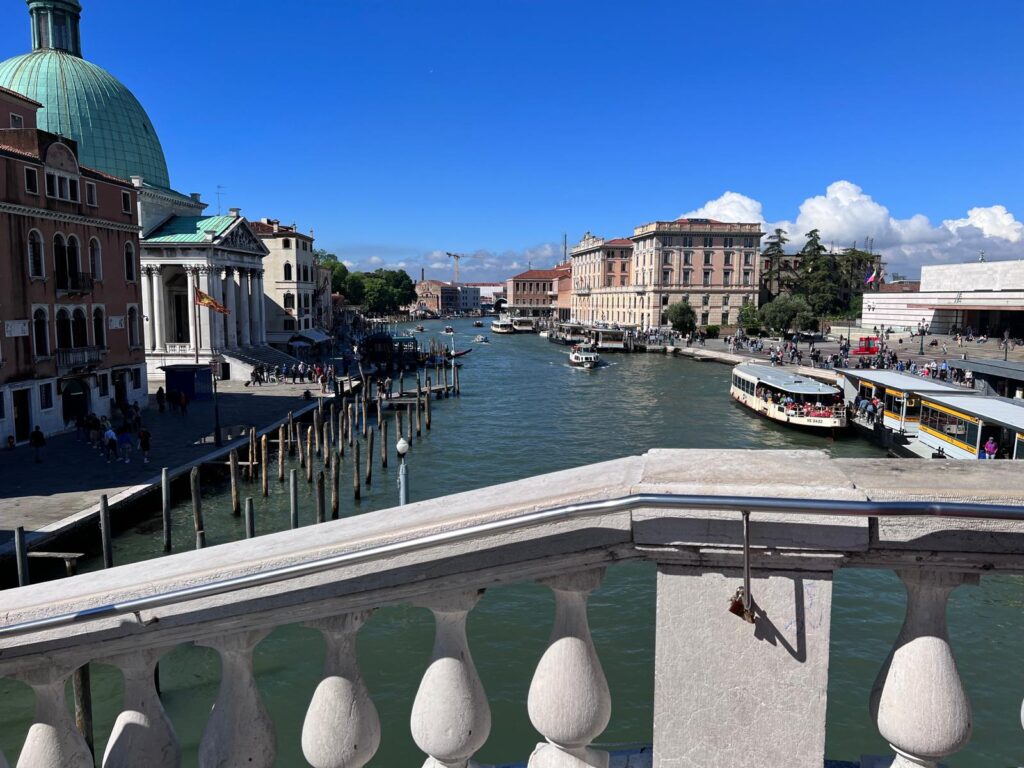 © 2026 U. Brandon.
© 2026 U. Brandon.In leadership, clear communication is non-negotiable. Ambiguity can lead to confusion, missed deadlines, and inefficiency. Whether you’re leading a team meeting or sending an email update, clarity ensures that everyone is aligned and working toward the same goals.
Leveraging Diverse Skills
Our team was composed of individuals with different skills and experiences, some were natural planners, while others were skilled at problem-solving or keeping morale high. For example, one colleague who new some Italian became an invaluable resource when asking for directions or recommendations. Another had an incredible sense of direction and could intuitively navigate the maze-like streets.
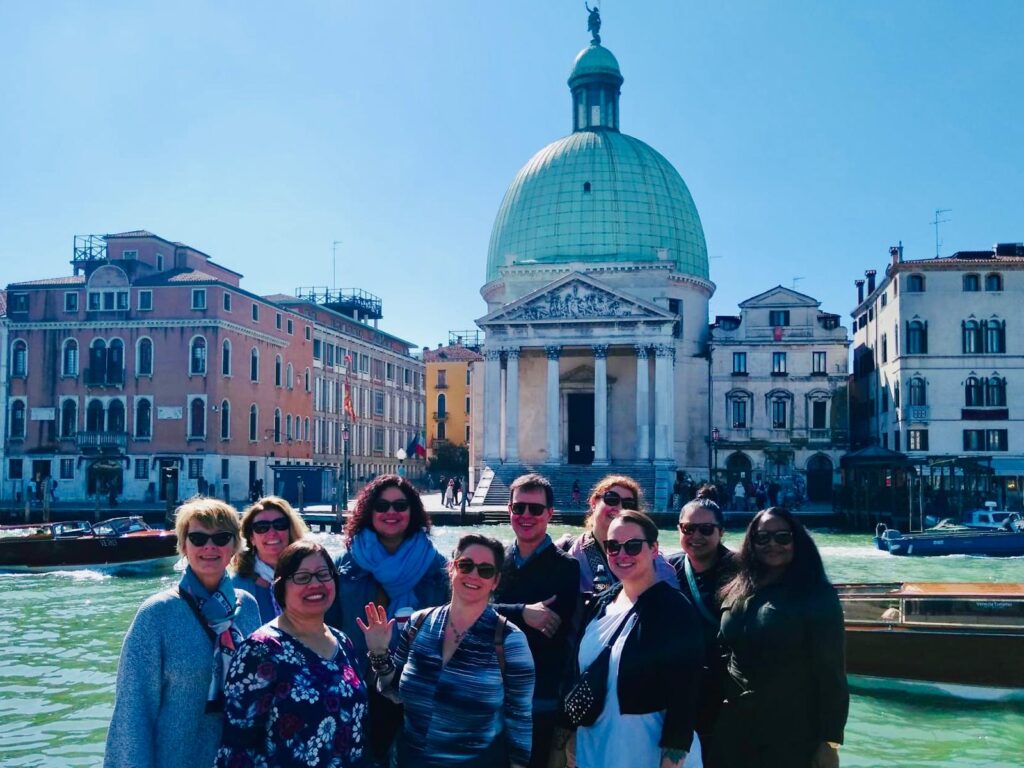 © 2026 U. Brandon.
© 2026 U. Brandon.In professional environments, leaders should take the time to identify the strengths within their teams and assign roles accordingly. A well-rounded team that capitalizes on individual talents is far more effective than one that expects everyone to excel in the same areas.
The Role of Emotional Intelligence
Traveling in a group can be stressful, especially when faced with challenges like trying to figure out where to have lunch, getting lost, or differing opinions on how to spend the day. In these moments, emotional intelligence played a crucial role in maintaining harmony within the team.
For instance, when some individuals weren’t happy about our lunch location, one team member diffused the situation by acknowledging everyone’s concerns and suggesting a compromise that satisfied some of the group members. This ability to empathize, listen actively, and manage emotions helped keep our group dynamic positive and productive throughout the trip.
In leadership, emotional intelligence is just as critical. Leaders who can navigate interpersonal dynamics with empathy and tact are better equipped to foster strong relationships and resolve conflicts effectively.
Shared Goals Foster Unity
Despite our different personalities and preferences, what united our team was a shared goal: making the most of our time in Venice. This common purpose helped us stay focused and motivated, even when faced with unforeseen challenges or fatigue from a long day of walking.
 © 2026 U. Brandon.
© 2026 U. Brandon.In professional settings, shared goals serve as a unifying force for teams. Leaders should consistently articulate a clear vision and ensure that every team member understands how their contributions align with overarching objectives. When everyone is working toward the same goal, collaboration becomes more seamless and rewarding.
Celebrating Small Wins
Navigating Venice wasn’t without its triumphs whether it was successfully finding a hidden café that our leader had previously visited or arriving at St. Mark’s Basilica just in time for our tour. These moments of shared accomplishment brought our group closer together and reinforced the value of teamwork.
 © 2026 U. Brandon.
© 2026 U. Brandon.In leadership, celebrating small wins is an effective way to boost morale and maintain momentum. Recognizing progress even in increments reminds teams that their efforts are paying off and encourages them to keep pushing forward toward larger goals.
The Power of Reflection
At the end of the day, some of us took time to reflect on our trip. These discussions not only solidify our relationship but also strengthened our understanding of each other’s perspectives and needs.
Reflection is an essential practice in leadership and team development. Regularly evaluating successes, challenges, and areas for growth allows teams to continuously improve their processes and performance. Leaders who encourage reflection foster a culture of camaraderie, growth, and development within their organizations.
The Role of Effective Leadership: A Lesson from Our Leader
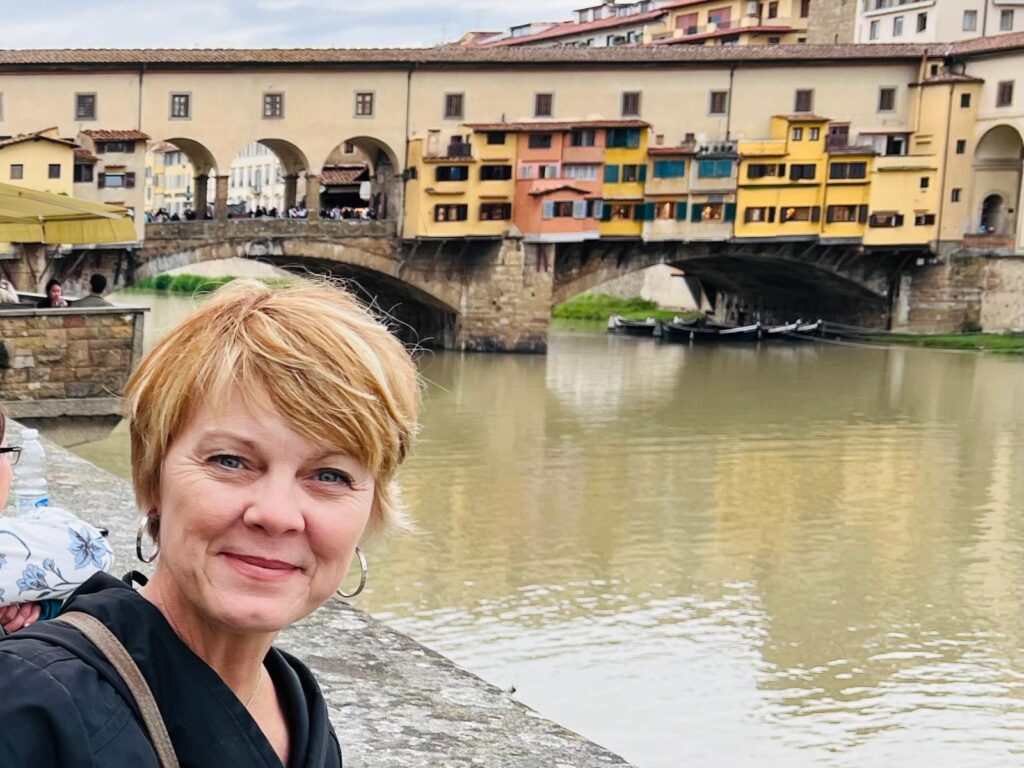 © 2026 U. Brandon.
© 2026 U. Brandon.While much of our trip required collaboration among peers, the true cornerstone of our success was the leadership provided by our leader. She exemplified what it means to be an effective leader by meticulously planning every aspect of the trip while still allowing room for spontaneity and individual input.
Her preparation was evident in every detail; from organizing transportation to curating a thoughtful itinerary that balanced educational opportunities with cultural experiences. She ensured that every member of the team felt included and valued. Often checking in with us individually to ensure we were comfortable and engaged.
After our tour of Venice, our leader demonstrated remarkable leadership by staying behind and ensured everyone returned safely to the train station. As the last to leave, she showed her dedication and calm demeanor, making sure no one was left behind. Her thoughtful actions exemplified how effective leadership often involves putting others first and remaining composed in unpredictable situations.
Perhaps most importantly, she demonstrated servant leadership, a leadership style that prioritizes the needs of others before one’s own. Despite being our leader, she was always willing to wait patiently for slower walkers or ensure everyone had eaten before taking her own meal. This selflessness not only earned her my respect but also inspired me to adopt similar attitudes in my leadership journey.
In essence, my time in Venice was more than just an exploration of a beautiful city it was an opportunity to deepen my understanding of leadership and team dynamics in a new and challenging environment. From adapting to unfamiliar terrain to leveraging diverse strengths and fostering clear communication, every experience offered valuable insights that can be applied to professional settings.
As leaders, we must remember that growth often happens outside our comfort zones. By embracing new environments and experiences, whether it’s traveling abroad or tackling a challenging project we can develop the skills needed to guide our teams toward success with confidence and resilience.
Venice taught me that effective leadership isn’t about having all the answers; it’s about empowering your team to navigate challenges together while staying aligned with shared goals. As well as taking a moment to pause, look around, and appreciate the journey because even amidst the twists and turns of life’s canals, there’s beauty in collaboration and discovery.

 Felix Leadership Academy
Felix Leadership Academy